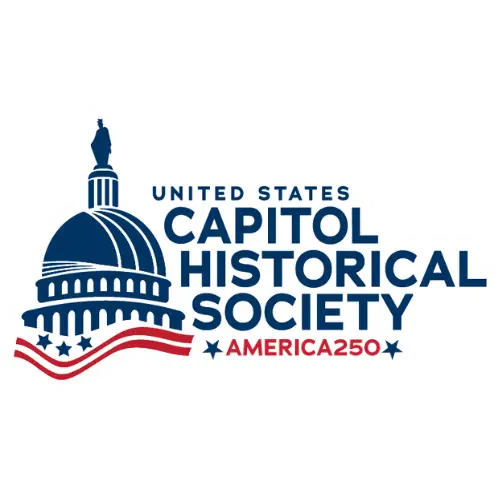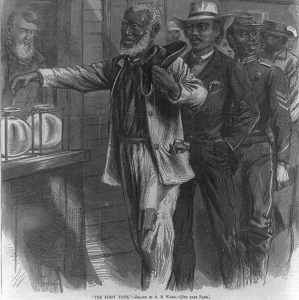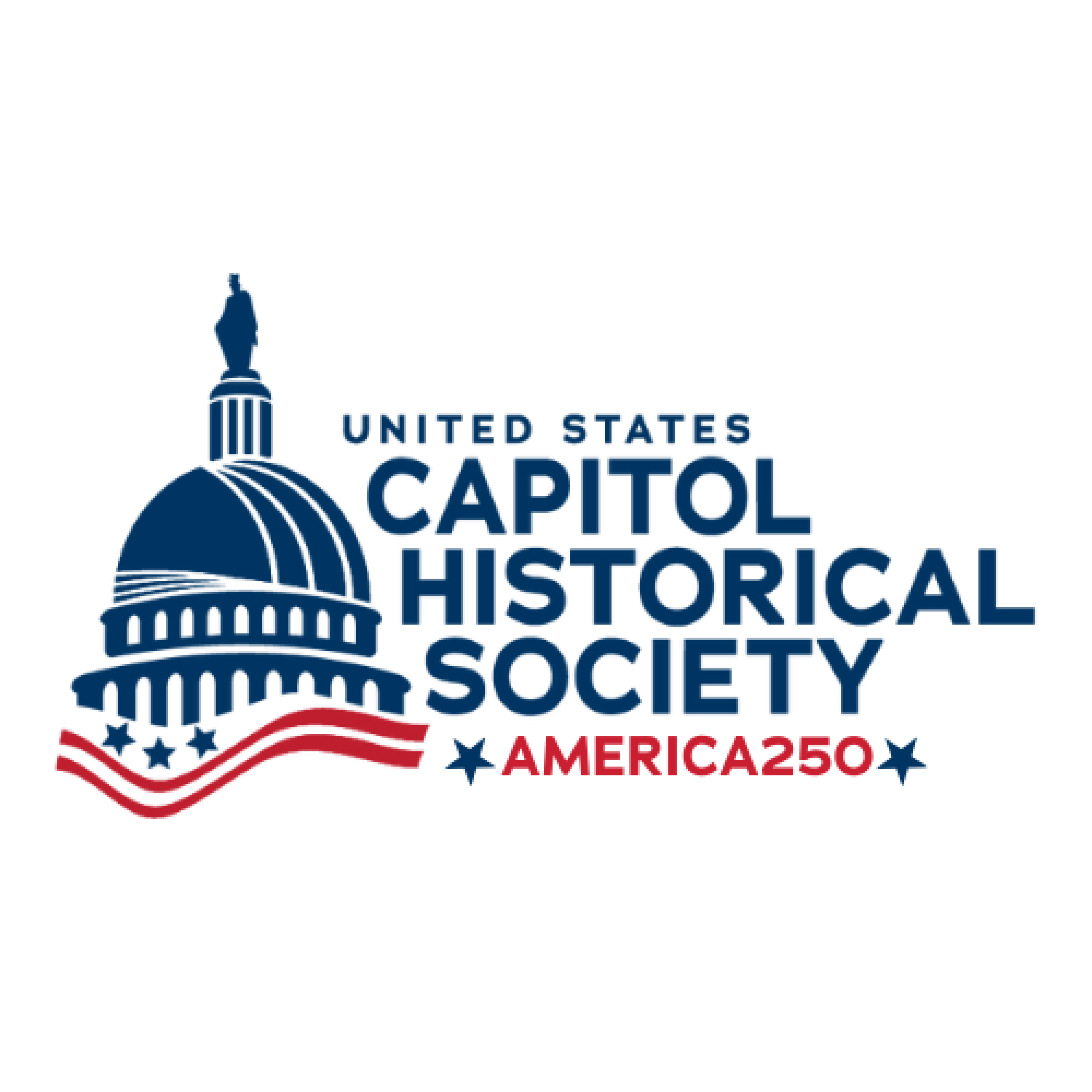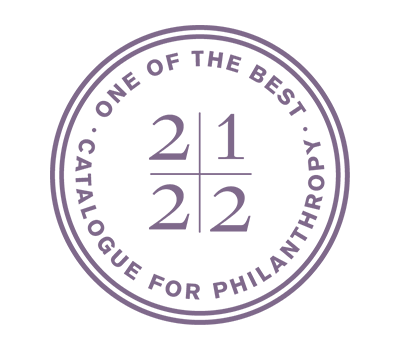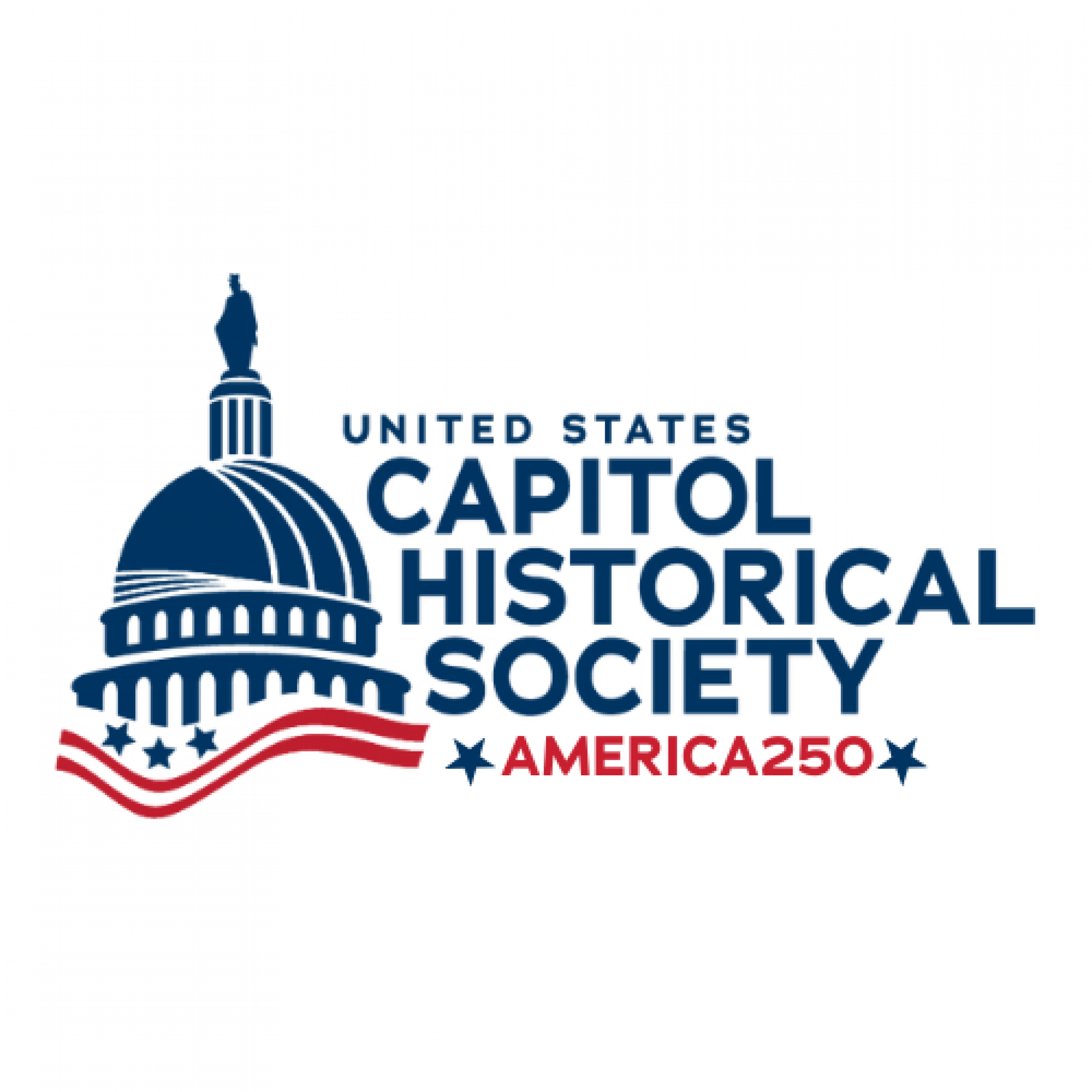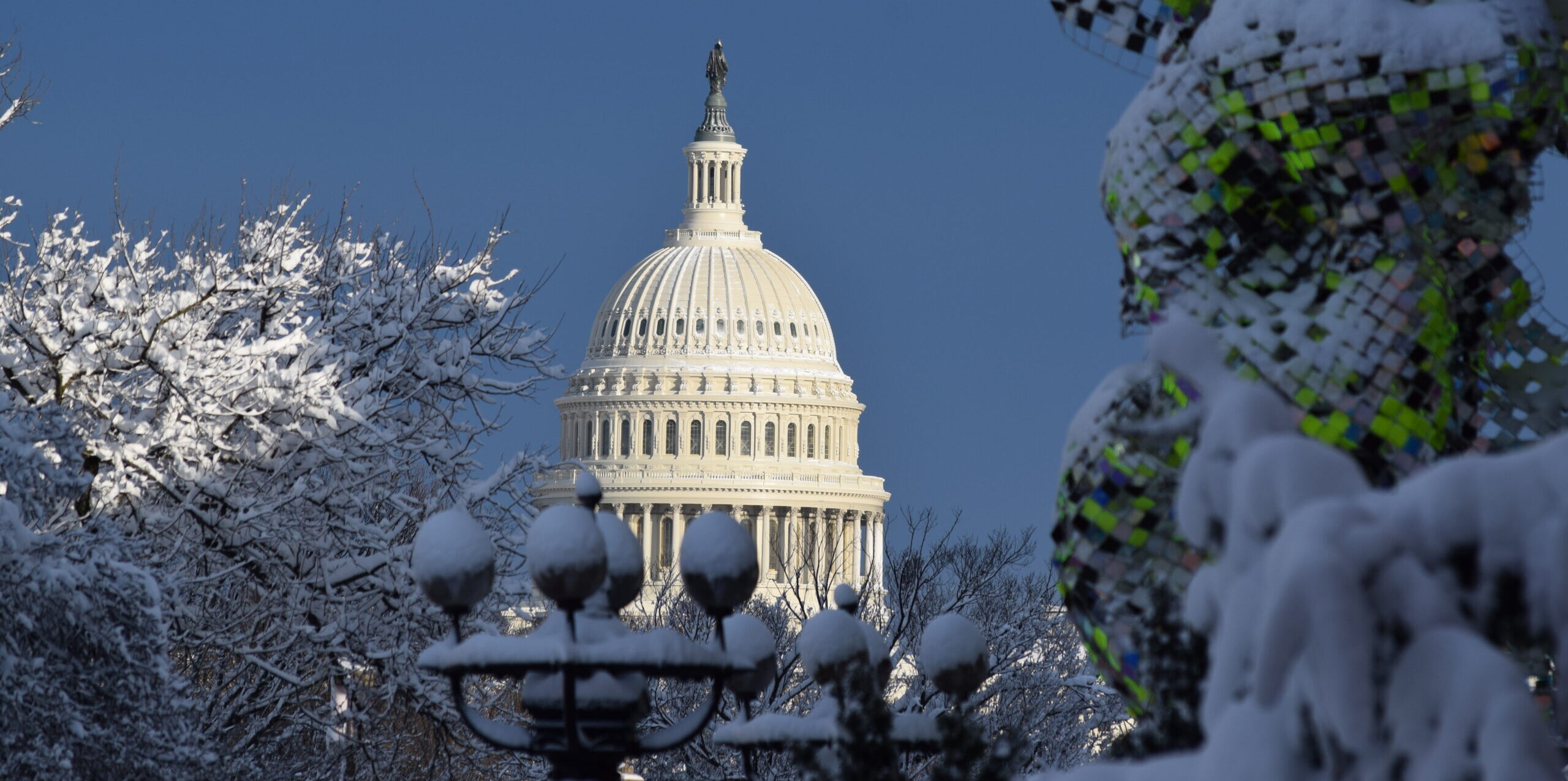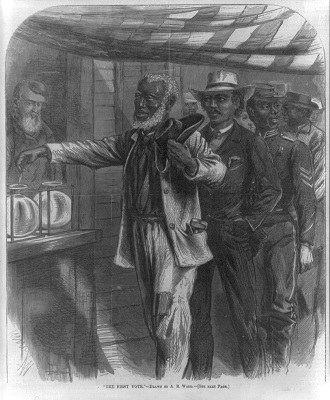
The U.S. Capitol Historical Society is proud to announce details regarding its upcoming annual symposium. On May 4, 2018, speakers from across the country will discuss issues arising from congressional action during the post-Civil War Reconstruction period.
Reconstructing the Constitution, Remaking Citizenship, and Reconsidering a Presidential Succession will give special attention to the Reconstruction Amendments—especially the Fourteenth Amendment, which was ratified 150 years ago—the impeachment of Pres. Andrew Johnson, and questions of citizenship and civil rights stretching from the eighteenth to the twentieth centuries.
The symposium will be held in Congressional Meeting Room North (Room 268) of the Capitol Visitor Center from 9:30 am to 4:30 pm. The event is free and open to the public. Updated program information will be posted here as it becomes available.
Speakers include Brandi C. Brimmer (Morgan State University); Orville Vernon Burton (Clemson University); Gabriel “Jack” Chin (UC Davis School of Law); Paul Finkelman (symposium co-director and president, Gratz College); Alysa Landry (journalist and Gratz College); Mark Summers (University of Kentucky); and Rebecca E. Zietlow (University of Toledo College of Law).
Program
Morning Session (9:30 am-12:10 pm)
Orville Vernon Burton, Clemson University and University of Illinois Urbana-Champaign
“Origins of the Fourteenth Amendment, Cornerstone of the New Birth of Freedom during the Long Civil War”
Panel: Citizenship and the Fourteenth Amendment
Paul Finkelman, symposium co-director and president, Gratz College
“The Strange Journey to the Fourteenth Amendment: Citizenship and Race from 1787 to 1868”
Gabriel “Jack” Chin, UC Davis School of Law
“The Fourteenth Amendment’s Chinese Problem”
Alysa Landry, journalist and doctoral student at Gratz College
“Reconstruction, Civil Rights, and Native Americans: How the Reconstruction Era Ignited Westward Expansion and Indian Extermination”
Afternoon Session (1:45-4:30 pm)
Brandi C. Brimmer, Morgan State University
“Weeping No More: Black Widows and the Making of the Reconstruction Era-Black Public Sphere”
Rebecca E. Zietlow, University of Toledo College of Law
“The Egalitarian Free Labor Vision of James Mitchell Ashley and its Impact on Early Reconstruction”
Mark Summers, University of Kentucky
“The Taming of Andrew Johnson”
Panel: Final Q&A
Featured Speakers
Brandi C. Brimmer, Department of History, Geography, and Museum Studies, Morgan State University
Brandi Brimmer received her Ph.D. in U.S. history and M.A. in African American studies from the University of California, Los Angeles and her B.A. in history from Spelman College. She is an assistant professor at Morgan State University and has held positions at the University of Maryland (Freedmen and Southern Society Project), Vanderbilt University, and the Ford Foundation. Brimmer has held fellowships from the University of Maryland, College Park, Case Western Reserve University, the Ford Foundation, Vanderbilt University, the University of Notre Dame, and UCLA and has been awarded numerous travel and research grants.
Brimmer’s articles, book reviews, and presentations reflect her research and teaching fields in African-American history, African-American women’s history, North American slavery, U.S. women’s history and gender, emancipation and its aftermath, and race and the New South.
Orville Vernon Burton, The Judge Matthew J. Perry, Jr. Distinguished Professor of History, Professor Sociology and Anthropology, Pan African Studies, and Computer Science, Clemson University, Emeritus University Distinguished Teacher/Scholar, University Scholar, Professor of History, African American Studies, and Sociology, University of Illinois Urbana-Champaign
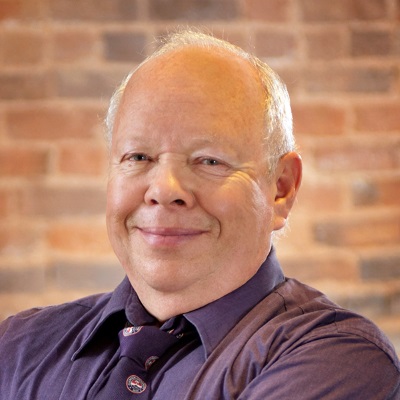
Orville Vernon Burton is the inaugural Judge Matthew J. Perry Distinguished Chair of History and professor of pan-African studies, sociology and anthropology, and computer science at Clemson University and the director of the Clemson CyberInstitute. In 2016 he received the Clemson Dean’s Award for Research in the College of Architecture, Art, and Humanities. Burton has held or holds positions at Coastal Carolina University, the National Center for Supercomputing Applications, the College of Charleston’s Low Country and Atlantic World Program, the Board of Directors of the Congressional National Abraham Lincoln Bicentennial Foundation, and the University of Illinois, where he was the founding Director of the Institute for Computing in Humanities, Arts, and Social Science (I CHASS) and continues to chair the advisory board.
Burton is a prolific author and scholar (20 authored or edited books and more than 200 articles); and author or director of numerous digital humanities projects. The Age of Lincoln (2007) and In My Fathers’ House (1985) were nominated for Pulitzers. His most recent book is Penn Center: A History Preserved (2014). Burton has received numerous local and national awards and honors for his teaching and mentoring over the last 20 years. Among his honors are fellowships and grants from the Rockefeller Foundation, the National Endowment for the Humanities, the Pew Foundation, the National Science Foundation, the American Council of Learned Societies, the Woodrow Wilson International Center for Scholars, the National Humanities Center, the U.S. Department of Education, National Park Service, and the Carnegie Foundation. He was a Pew National Fellow Carnegie Scholar for 2000-2001. He was one of 10 historians selected to contribute to the Presidential Inaugural Portfolio (January 21, 2013) by the Joint Congressional Committee on Inaugural Ceremonies.
Burton’s research and teaching interests include the American South, especially race relations and community, and the intersection of humanities and social science. He has served as president of the Southern Historical Association and of the Agricultural History Society.
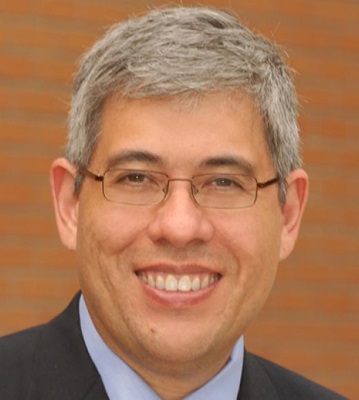
Gabriel “Jack” Chin, Edward L. Barrett Jr. Chair and Martin Luther King Jr. Professor, UC Davis School of Law
Gabriel “Jack” Chin is a teacher and scholar of immigration law, criminal procedure, and race and law at the University of California, Davis. His scholarship has appeared in the Penn, UCLA, Cornell, and Harvard Civil Rights-Civil Liberties law reviews and the Yale, Duke, and Georgetown law journals among others. The U.S. Supreme Court cited his work on collateral consequences of criminal conviction in Chaidez v. United States, 133 S. Ct. 1103, 1109 (2013) and in Padilla v. Kentucky, 130 S. Ct. 1473 (2010). Justice Sotomayor cited his Penn Law Review article in her dissent in Utah v. Strieff, 136 S. Ct. 2056, 2070 (2016).
Chin teaches and is director of Clinical Legal Education. He also works with students on professional projects. His efforts with students to repeal Jim Crow laws still on the books include a successful 2003 petition to the Ohio legislature to ratify the Fourteenth Amendment, 136 years after the state disapproved it during the ratification process. He and his students also achieved the repeal of anti-Asian alien land laws which were on the books in Kansas, New Mexico and Wyoming.
Chin earned a B.A. at Wesleyan, a J.D. from Michigan and an LL.M. from Yale. He clerked for U.S. District Judge Richard P. Matsch in Denver and practiced with Skadden, Arps, Slate, Meagher & Flom and The Legal Aid Society of New York. He taught at the Arizona, Cincinnati, NYU, and Western New England law schools before joining the UC Davis faculty. Chin is a founding board member of the Collateral Consequences Resource Center and a member of the American Law Institute.
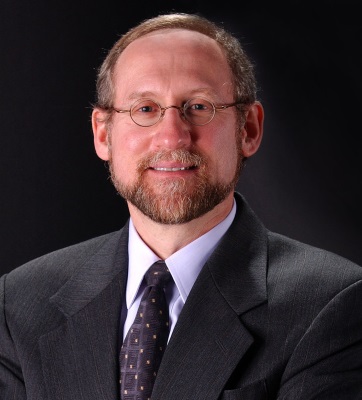
Paul Finkelman, symposium co-director and president, Gratz College
Paul Finkelman received his B.A. in American Studies from Syracuse University in 1971 and his Ph.D. in history from the University of Chicago in 1976. He was later a fellow in law and humanities at Harvard Law School. He has held a number of endowed chairs as a tenured professor or as a visitor, including the Ariel F. Sallows Chair in Human Rights Law at the University of Saskatchewan, the John Hope Franklin Chair in American Legal History at Duke Law School, and the President William McKinley Distinguished Professor at Albany Law School. In 2017 he held the Fulbright Chair in Human Rights and Social Justice at the University of Ottawa School of Law in Ottawa, Canada and was also the John E. Murray Visiting Professor at the University of Pittsburgh School of Law. He is the author of more than 200 scholarly articles and the author or editor of more than 50 books. His next book is Supreme Injustice: Slavery in the Nation’s Highest Court (2018).
He has published in a wide variety of areas including American Jewish history, American legal history, constitutional law, and legal issues surrounding baseball. His work has been cited in four decisions by the United States Supreme Court, numerous other courts, and in many appellate briefs. He has lectured on slavery, human trafficking, and human rights issue at the United Nations, throughout the United States, and internationally. In 2014, he was ranked as the fifth most cited legal historian in American legal scholarship in Brian Leiter’s “Top Ten Law Faculty Scholarly Impact, 2009-2013.” He was an expert witness in the Alabama Ten Commandments Monument Case (Glassroth v. Moore) and in the law suit over the ownership of Barry Bonds’ 73rd home run ball (Popov v. Hayashi).
Alysa Landry, journalist and doctoral student at Gratz College
Alysa Landry is an independent journalist based in northwest New Mexico, where she also serves as an executive staff assistant and public information officer for the Navajo Nation Office of the President and Vice President. A native of New Mexico, Landry has lived and worked in Alaska, Arizona, Massachusetts, Pennsylvania and Utah. Until recently, she taught English and creative writing at Navajo Technical University, a tribal college located in Crownpoint, New Mexico.
Landry holds bachelor’s and master’s degrees in journalism and a master’s of fine arts degree in creative nonfiction. She is currently working on a PhD in Holocaust and Genocide Studies from Gratz College. She has traveled to Israel, Germany and Poland to study the history of racism and hate and the roles ethnicity and religion play in oppression. She is especially interested in comparative genocide and Native American experiences as they relate to acts of genocide around the world.
Landry’s work is regularly honored by the Native American Journalists Association. She also has earned awards from the Arizona Press Association, the New Mexico Medical Society, and the New Mexico Associated Press. In 2008, she was part of a team of journalists to win Columbia University’s Best Practices Award for a portfolio of work about racial and cultural diversity. Her journalism, academic, and creative writing has also appeared in various newspapers, magazines, textbooks, and civil rights-themed publications. She specializes in topics of civil rights, history, mental health, trauma, religion, politics and education. She is a passionate crusader for human rights and views journalism as one of the most important weapons against discrimination and disparity.
Mark Summers, Thomas D. Clark Professor, Department of History, University of Kentucky
Mark Summers is the Thomas D. Clark Professor in the department of history at the University of Kentucky, Lexington. He received his Ph.D. in history from the University of California, Berkeley in 1980. His research interests include nineteenth-century US history, political history, and political cartoons.
Summers is currently working on two books, one on the Andrew Johnson impeachment and the other a study of the mechanics of Gilded Age politics. He is the author of numerous books and articles, including The Ordeal of the Reunion: A New History of Reconstruction (2014) and A Dangerous Stir: Fear, Paranoia, and the Making of Reconstruction (2009).
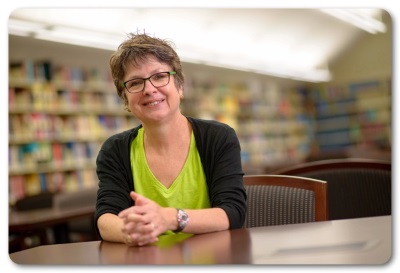
Rebecca E. Zietlow, Charles W. Fornoff Professor of Law and Values, University of Toledo College of Law
Rebecca E. Zietlow is Charles W. Fornoff Professor of Law and Values at the University of Toledo College of Law, where she teaches constitutional law, federal courts, and constitutional litigation. She received her B.A. from Barnard College and her J.D. from Yale Law School. In 2012, she received the University of Toledo Outstanding Faculty Research Award.
Zietlow’s scholarly interest is in the study of the Reconstruction Era, including the meaning and history of the Thirteenth and Fourteenth Amendments. She is also an expert on constitutional theory, examining constitutional interpretation outside of the courts. Her book, Enforcing Equality: Congress, the Constitution and the Protection of Individual Rights, studies the history of congressional protection of rights and the implications of that history for constitutional theory. Her work has been published in the Columbia Law Review, Boston University Law Review, Ohio State Law Journal, Florida Law Review, the Wake Forest Law Journal, and the University of Pennsylvania Journal of Constitutional Law, among other publications.
